|
Those
who live in conditions of poverty lack a wide range of economic
and other resources and may be described as poor or impoverished.
Some see the term as subjective and comparative, others see it as
moral and evaluative, while others consider that it is scientifically
established. The term "developing countries" is now used to
refer to nations that are "poor." We've all seen it
overseas and in a small way at home in our cities and felt ashamed we
could not help. I'm lucky, I live in England.
a country where absolute poverty hardly exists, but where poverty
levels are reduced and help and advice is reasonably available.
It
is a little known fact that the human race has expended more money and
effort on war and
waging war, than on tackling grass-root poverty,
famine or natural disasters such as floods,
earthquakes and hurricanes. The reasons for
this are many and I will try to highlight a few. First of all,
we are still encumbered by our caveman instinct to protect ourselves
against outsiders. In a modern world in this still necessary?
Well, judging from the fact there has never been a time of absolute
peace since the turn of the century - it is. The solution to
this one is not NATO or the United
Nations, since they are largely
ineffective. One possible solution is a Global Alliance - an
effective international peace keeping initiative. Of course, at time
of writing, there is no such thing.
However,
let us assume for the sake of argument that the Global Alliance was in
place and working. If that is true, we (Planet
Earth) just
freed up $billions normally spent on each country developing weapons,
which can be used to tackle other issues such as the energy crisis -
that's the one they don't tell ordinary folk about, but which starts
wars and it will become worse as the oil runs out. As an example,
the UK (Gordon Brown) is
considering spending £25 billion renewing the Trident
submarine nuclear missile system, which could go to fighting poverty.
Next,
take away the tempting energy supplies gifted to a few lucky nations
in the form of oil supplies. I
don't mean literally. I mean urgently develop renewable energy
as an alternative to provide plentiful energy anywhere in the world.
Finally,
take a look at the political and geographical issues causing
starvation and deprivation. Could this ever happen? Who
knows. But one thing is for sure, if we don't look at solving these
problems on a global scale, we will never conquer poverty.
Poverty
is understood in many senses. The main understandings of the term
include:
-
Descriptions
of material need, typically including the necessities of daily
living (food, clothing, shelter,
and health
care). Poverty in this sense may be understood as the
deprivation of essential goods and services.
-
Descriptions
of social need, including social
exclusion, dependency, and the ability to participate in
society. This would include education
and information.
Social exclusion is usually distinguished from poverty, as it
encompasses political and moral issues, and is not restrained to
the sphere of economics.
-
Describing
a lack of sufficient income
and wealth.
The meaning of "sufficient" varies widely across the
different political
and economic
parts of the world.
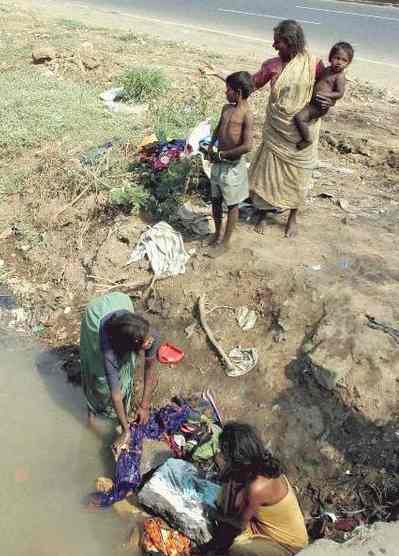
Poverty-stricken
people washing their clothes by
a road in
Mumbai, India. Photo Antônio Milena/ABr
Measuring
poverty
Although
the most severe s.t.d.'s are in the developing world, there is
evidence of poverty in every region. In developed countries, this
condition results in wandering homeless people and poor suburbs and
ghettos. Poverty may be seen as the collective condition of poor
people, or of poor groups, and in this sense entire nation-states are
sometimes regarded as poor. To avoid stigma these nations are usually
called developing nations.
When
measured, poverty may be absolute (also known as objective) or
relative poverty. Absolute poverty refers to a set standard which is
consistent over time and between countries. An example of an absolute
measurement would be the percentage of the population eating less food
than is required to sustain the human body (approximately 2000-2500
kilocalories per day). Absolute poverty is a condition that applies to
people with the lowest incomes, the least education, the lowest social
status, the fewest opportunities, etc.
The
World Bank defines extreme poverty as living on less than US$
(PPP) 1 per day, and moderate poverty as less than $2 a day. It
has been estimated that in 2001, 1.1 billion people had consumption
levels below $1 a day and 2.7 billion lived on less than $2 a day. The
proportion of the developing world's population living in extreme
economic poverty has fallen from 28 percent in 1990 to 21 percent in
2001. Much of the improvement has occurred in East and South Asia. In
Sub-Saharan Africa GDP/capita shrank with 14 percent and extreme
poverty increased from 41 percent in 1981 to 46 percent in 2001. Other
regions have seen little or no change. In the early 1990s the
transition economies of Europe and Central Asia experienced a sharp
drop in income. Poverty rates rose to 6 percent at the end of the
decade before beginning to recede. [1]
There are various crticisms of these measurments.[2][3]
Other
indicators of absolute poverty are also improving. Life expectancy has
greatly increased in the developing world since WWII
and is starting to close the gap to the developed world where the
improvement has been smaller. Even in Sub-Saharan Africa, the least
developed region, life expectancy increased from 30 years before World
War II to about a peak of about 50 years before the AIDS pandemic and
other diseases started to force it down to the current level of 47
years. Child mortality has decreased in every developing region of the
world [4].
The proportion of the world's population living in countries where
per-capita food supplies are less than 2,200 calories (9,200
kilojoules) per day decreased from 56% in the mid-1960s to below 10%
by the 1990s. Between 1950 and 1999, global literacy increased from
52% to 81% of the world. Women made up much of the gap: Female
literacy as a percentage of male literacy has increased from 59% in
1970 to 80% in 2000. The percentage of children not in the labor force
has also risen to over 90% in 2000 from 76% in 1960. There are similar
trends for electric power, cars, radios, and telephones per capita, as
well as the proportion of the population with access to clean water.[5]
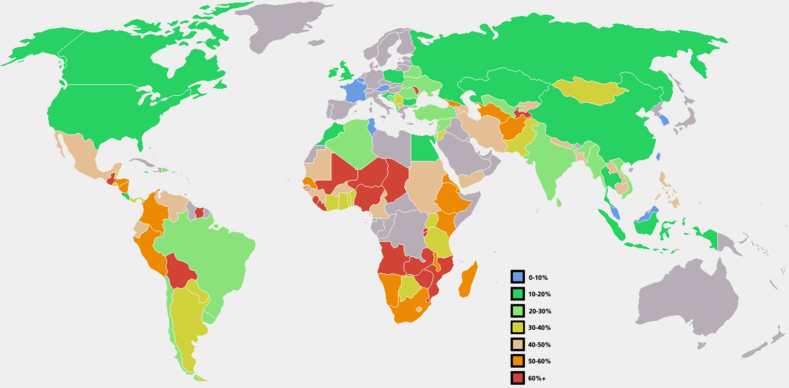
Map
of the world showing poverty as a % of the population
Relative
poverty views poverty as socially defined and dependent on social
context. In this case, the number of people counted as poor could
increase while their income rise. A relative measurement would be to
compare the total wealth of the poorest 1/3 of the population with the
total wealth of richest 1% of the population. There are several
different income inequality metrics, one example is the Gini
coefficient. Relative poverty is a condition that is measured by
comparing one group’s situation to the situations of those who are
more advantaged.
In
many developed countries, the official definition of poverty used for
statistical purposes is based on relative income. As such many critics
argue that poverty statistics measure inequality rather than material
deprivation or hardship. Furthermore, they are usually based on a
person's yearly income and frequently take no account of total wealth.
The main poverty line used in the OECD and the European Union is based
on "economic distance", a level of income set at 50% of the
median household income. The US poverty line is more arbitrary. It was
created in 1963-64 and was based on the dollar costs of the U.S.
Department of Agriculture's "economy food plan" multiplied
by a factor of three. The multiplier was based on research showing
that food costs then accounted for about one third of the total money
income. This one-time calculation has since been annually updated for
inflation.[6]
Income
inequality for the world as a whole may be diminishing.[7]
Even
if poverty may be lessening for the world as a whole, it continues to
be an enormous problem:
-
One
third of deaths - some 18 million people a year or 50,000 per day
- are due to poverty-related causes. That's 270 million people
since 1990, the majority women and children, roughly equal to the
population of the US.
-
Every
year nearly 11 million children die before their fifth birthday.
-
800
million people go to bed hungry every night.
-
The
three richest people in the world control more wealth than all 600
million people living in the world's poorest countries.[8]
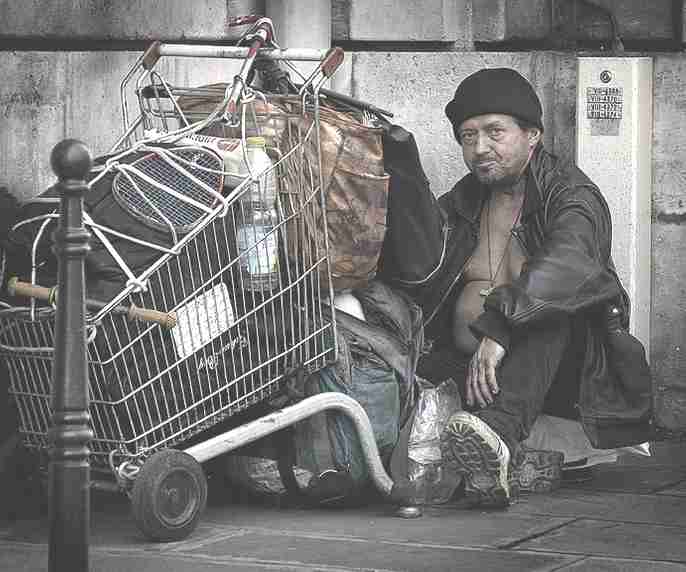
A
homeless Frenchman
Causes
of poverty
Many
different factors have been cited to explain why poverty occurs.
However, no single explanation has gained universal acceptance at all.
The factors that have been alleged to cause poverty include the
following:
-
State
discrimination and corruption.
Abuse of public power.
-
Lack
of social integration. Competition instead of cooperation.
-
Crime.
-
Substance
abuse
-
Procrastination
-
Natural
factors such as climate
or environment.
-
Historical
factors, for example imperialism and colonialism.
-
Overpopulation.
Note that population growth slows or even become negative as
poverty is reduced due to the demographic transition.
-
War,
including civil war, genocide, bullying, democide, and politicide.
-
Lack
of education
and skills.
-
Matthew
effect— the phenomenon, widely observed across advanced welfare
states, that the middle classes tend to be the main beneficiaries
of social benefits and services, even if these are primarily
targeted at the poor.
-
Cultural
causes, which attribute poverty to common patterns of life,
learned or shared within a community. For example, some have
argued that protestantism contributed to economic growth during
the industrial revolution.
-
Individual
beliefs, actions and choices.
-
Mental
diseases, such as Autism, and Schizophrenia.
-
Excessive
materialism
ACUTE
CAUSES OF POVERTY
Warfare
The
material and human destruction caused by warfare is a major
development problem. For example, from 1990 to 1993, the period
encompassing Desert Storm, per capita GDP in Iraq
fell from $3500 to $761. The drop in average income, while a
striking representation of the drop in the well-being of the
average Iraqi citizen in the aftermath of the war, fails to
capture the broader affects of damages to the infrastructure and
social services, such as health care and access to clean water.
Agricultural
cycles
People
who rely on fruits and vegetables that they produce for household
food consumption (subsistence farmers) often go through cycles of
relative abundance and scarcity. For many families that rely on
subsistence production for survival, the period immediately prior
to harvest is a 'hungry period.' During these periods of scarcity,
many families lack sufficient resources to meet their minimal
nutritional needs. Being familiar with these cycles has enabled
development practitioners to anticipate and prepare for periods of
acute need for assistance.
Natural
disasters
Natural
disasters such as droughts, floods, hurricanes and
earthquakes
have devastated communities throughout the world. Developing
countries often suffer much more extensive and acute crises at the
hands of natural disasters, because limited resources inhibit the
construction of adequate
housing, infrastructure, and mechanisms
for responding to crises.
Geography
and Political
Some
regions on earth are not conducive to supporting life anymore.
Yet, for political or other reasons, people gather at these locations
only to find there is no food or water, or that the land may not
support crops or animals, such as to provide a living. These people
may be trapped in this location, without the means to support
themselves or their families.
Eliminating
poverty
In
politics, the fight against poverty is usually regarded as a social
goal and many governments have — secondarily at least — some
dedicated institutions or departments.
Economic
growth
The
World Bank argues that an overview of many studies show that:
-
-
Growth
is fundamental for poverty reduction, and in principle growth
as such does not seem to affect inequality.
-
Growth
accompanied by progressive distributional change is better
than growth alone.
-
High
initial income inequality is a brake on poverty reduction.
-
Poverty
itself is also likely to be a barrier for poverty reduction;
and wealth inequality seems to predict lower future growth
rates.[10]
-
Research
on the Index of Economic Freedom suggests that a set of economic
conditions which have been termed "economic freedom"
help increase growth and reduce poverty.
-
Business
groups see the reduction of barriers to the creation of new
businesses [11],
or reducing barriers for existing business, as having the effect
of bringing more people into the formal economy.
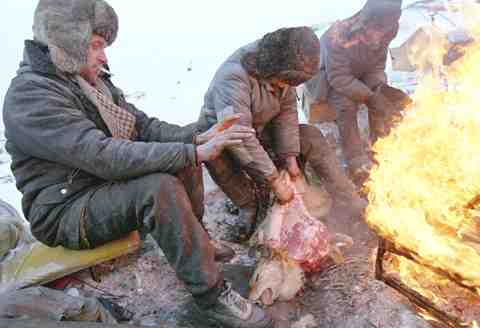
A
group of impoverished Russians
butchering a dog for
food
Direct
aid
-
The
government can directly help those in need. This has been applied
in most Western societies during the 20th century in what became
known as the welfare
state. Especially for those most at risk, such as the elderly
and people with disabilities. The help can be for example monetary
or food aid.
-
Private
charity. This is often formally encouraged within the legal
system. For example, charitable
trusts and tax deductions for charity.
Improving
the social environment and abilities of the poor
-
Affordable
housing development and urban regeneration.
-
Affordable
education.
-
Affordable
health care.
-
Providing
help in finding employment.
-
Subsidizing
employment of groups that have difficulty finding work otherwise.
-
Encouraging
political participation and community organizing.
Millennium
Development Goals
Eradication
of extreme poverty and hunger by 2015 is a Millennium Development
Goal. In addition to broader approaches, the Sachs Report (for the UN
Millennium Project) [12]
proposes a series of "quick wins", approaches identified by
development experts which would cost relatively little but could have
a major constructive effect on world poverty. The quick wins are:
-
Eliminating
school fees.
-
Providing
soil nutrients to farmers in sub-Saharan Africa.
-
Free
school meals for schoolchildren.
-
Supporting
breast-feeding.
-
Deworming
school children in affected areas.
-
Training
programmes for community health in rural areas.
-
Providing
mosquito nets.
-
Ending
user fees for basic health care in developing countries.
-
Access
to information on sexual and reproductive health.
-
Drugs
for AIDS, tuberculosis and malaria.
-
Upgrading
slums, and providing land for public housing.
-
Access
to electricity, water and sanitation.
-
Legislation
for women’s rights, including rights to property.
-
Action
against domestic violence.
-
Appointing
government scientific advisors in every country.
-
Planting
trees.
The
Borgen Project points out that while the U.S. government spends
over $230 billion dollars a year on military contracts, $40-$60
billion a year is needed to achieve the Millennium Development Goal of
ending severe poverty by 2015. [13]
Other
approaches
Most
developed nations send some aid to developing nations. Polls have
shown that, on average, Americans believe that 24% of the federal
budget goes to development assistance. In reality, less than 1% of the
budget goes to this.[14]
Most
developing countries have produced Poverty Reduction Strategy papers
or PRSPs [15].
Inequality
can be reduced by progressive taxation, wealth tax, and/or inheritance
tax.
Some
argue for a radical change of the economic system. There are several
proposals for a fundamental restructuring of existing economic
relations, and many of their supporters argue that their ideas would
reduce or even eliminate poverty entirely if they were implemented.
Such proposals have been put forward by both left-wing and right-wing
groups: socialism, communism, anarchism, libertarianism and
participatory economics, among others.
In
law, there has been a movement to seek to establish the absence of
poverty as a human
right.
In
his book "The
End of Poverty" [16],
world renowned economist Jeffrey Sachs laid out a lucid plan to
eradicate global poverty by the year 2025. Following his doctrine,
international organizations such as the Global
Solidarity Network are helping end poverty working with
governments and partners to help eradicate poverty worldwide with
known, proven, reliable, and appropriate interventions in the areas of
housing, food, education, basic health,
agricultural inputs, safe
drinking water, transportation and communications.
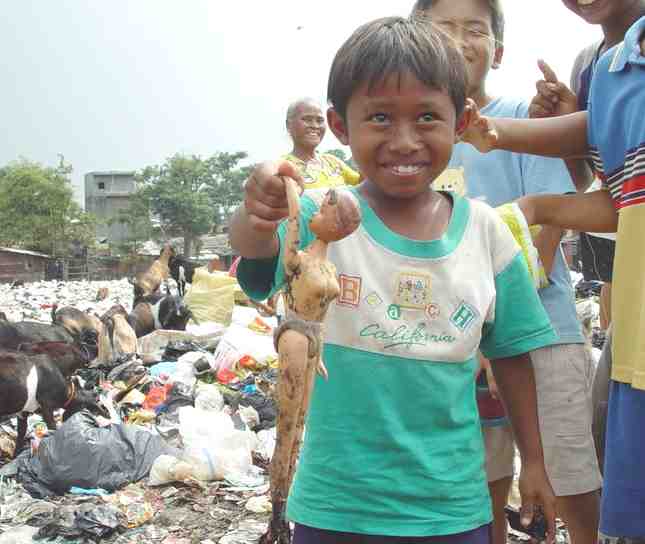
A
boy from an East Cipinang trash dump slum in
Jakarta, Indonesia
shows his find
Debates
about poverty
The
underlying causes of poverty and the elimination thereof are a
controversial, politicized issue. Those with right wing views may
consider that poverty results from personal choices or preferences,
the breakdown of "traditional values", lack of birth
control, and over-interference by government. They may also look to
structural factors that prevent economic growth, such as poorly
protected property rights, lacking credit system, crime, and
corruption.
Those
with more left wing views typically see poverty as the result of many
systemic factors unrelated to personal choices or preferences. For
instance, they consider that poverty is caused by lack of opportunity
(particularly in education), and that it is often the lack of
government intervention which results in more poverty. They tend to
believe that alleviating poverty is a matter of social justice and
that it is the responsibility of the wealthy to help those in need.
The
condition in itself is not always considered negatively, even if this
is the prevalent interpretation within a given society: some cultural
or religious groups consider poverty an ideal condition in which to
live, for an example; a condition necessary in order to reach certain
spiritual, moral, or intellectual states. Poverty in this sense is
understood as the lack of material possessions, and it is regarded in
some branches as one of the counsels of perfection. For some orders
this is equivalent to voluntary simplicity: Mother Teresa said that a
vow of poverty "frees us from all material possessions".
However, a vow of poverty traditionally goes beyond that. The
Dominicans "lived a life of voluntary poverty, exposing
themselves to innumerable dangers and sufferings, for the salvation of
others." (Pope Honorius III, 1217).
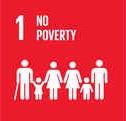 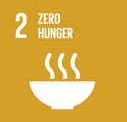 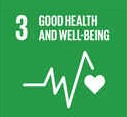 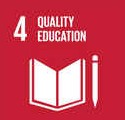 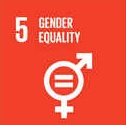 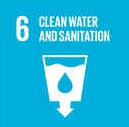
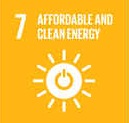 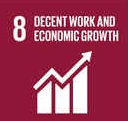 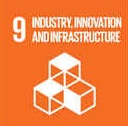 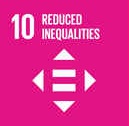 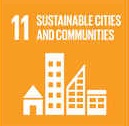 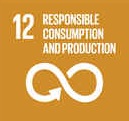
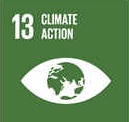 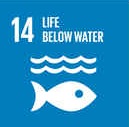 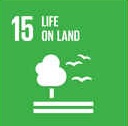 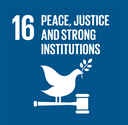 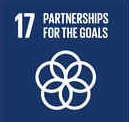 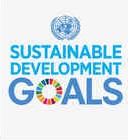
LINKS
A
taste for adventure
capitalists

Solar
Cola - a healthier alternative
|






















